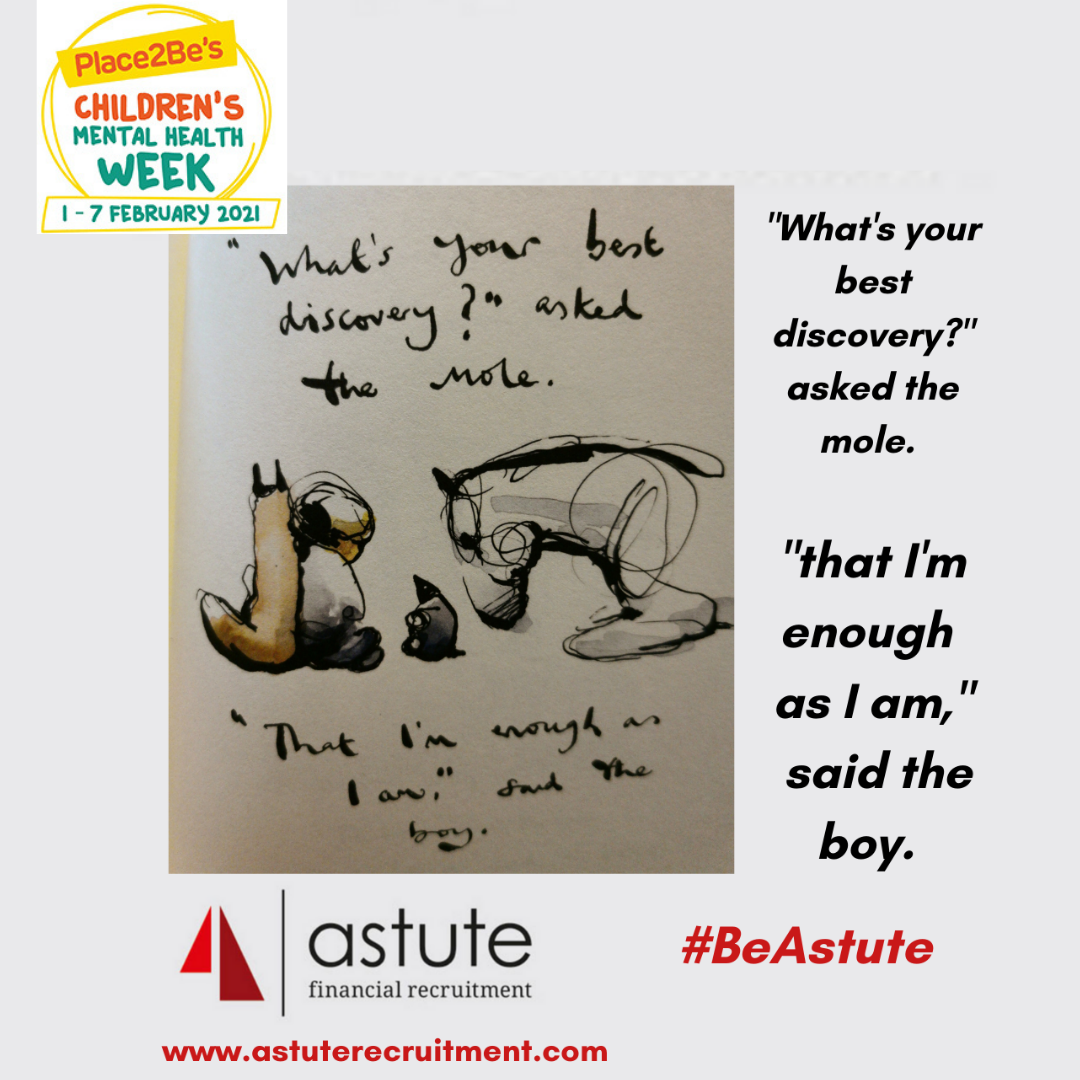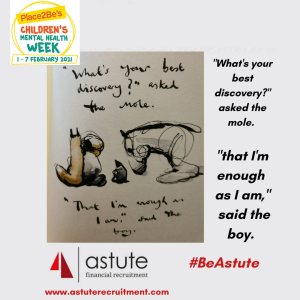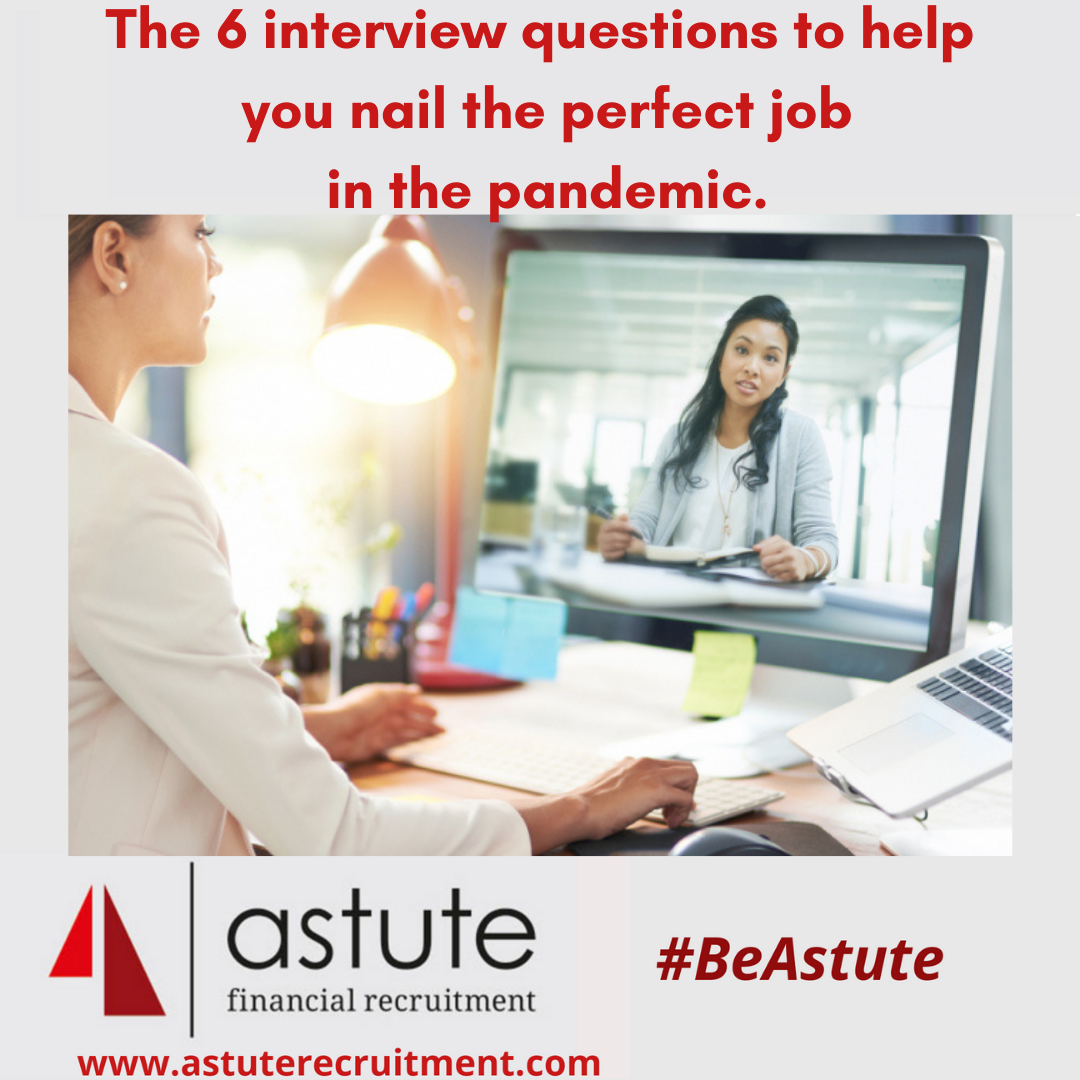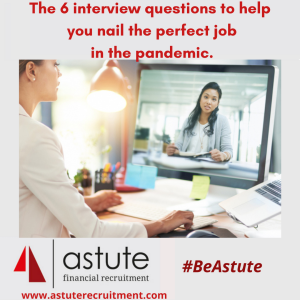
“In todays’ talent starved candidate pool, how many interviews is the right amount of interviews to get the best candidate?”
Born from a genuine conversation between a senior recruiter here at Astute Recruitment with a client for a Head of Finance role we are recruiting for: –
OUR CONSULTANT: “Great I’ll get the first interviews arranged, how many interviews did you want to have in your process?
THE CLIENT: “5, is that normal?”
OUR CONSULTANT: “Typically a 2-interview stage process is the norm. 3 stages are acceptable for a CFO/ FD role, but 4 interviews is getting silly, let alone 5! The candidates won’t be available for a 5-stage process, they are already interviewing for other roles which are 2 stop processes, and they will get snapped up.”
THE CLIENT: “Oh, I see, yes I’ll speak to the Directors, and we can streamline the process to 3 as we are pretty confident with the shortlist you have provided! Thank you for the advice!”
So, we wanted to raise this question.
“In todays’ talent starved candidate pool, how many interviews is the right amount of interviews to get the best candidate?”
As a niche specialist in sourcing finance professionals, our team regularly give consultative advice around this and other recruitment issues. Why do we feel the two-interview process is best?
We give you example ‘A’.
A UK Group FD needs a senior financial reporting accountant for a permanent role. The client realises that the role profile is a difficult one – someone ACA or ACCA with original practice background who is looking for their second move from practice, already having a role in industry.
We shortlisted 2 great options and the client agrees that they would like to arrange interviews in short order. We have told them that both are in play for other roles.
The client’s process.
Initial interview consisting of a presentation around key objectives in the role and around what the candidate’s envisage their first 3 – 6 months looking like. What they plan to bring in and how they would deliver specific projects etc. The second part of the first interview will be to discuss these with the FD.
The second interview? Aiming to drill into more depth about the candidate’s vision, aspirations and attributes relevant to the role and business they are interviewing for. There would be 2+ representatives from our client and a good opportunity for open, two-way questions from the candidates and the client.
Then a decision would be made, with an initial verbal offer and a ‘meet the team’ opportunity.
Example ‘B’.
A global corporate and valued client has been looking for a qualified accountant to work in their Global Head Office. Specific criteria mean that FBP and analysis skills are essential requirements.
The client’s interview process?
After shortlisting just two exceptional applicants, a first interview was conducted with the overall line manager for the team. This detailed interview enabled the manager to ask incisive questions around the candidate’s expectations, where they wanted their career to develop and why they would be great for this role.
The second interviews, which have just been concluded, consisted of online interviews with senior stakeholders the relevant candidates would be working with should they be successful! The client’s stakeholders were able to give a ‘warts and all’ appraisal of the role, the good, the bad and the ugly if you like!
The line manager specifically wanted this honesty in the process, and we entirely agree!
Then there would be a ‘de-brief’ with the feedback discussed internally and an offer of employment to one of the candidates within 24-36 hours. As the preferred recruitment partner for our client – we are completely aligned with their process, can ensure our candidates are aware of timelines and everyone’s expectations can be fully managed.
For lower level/ more junior roles across transactional finance, swift interview processes with agreed timelines are equally important to ensure that good candidates are not lost due to quicker recruitment processes elsewhere.
Key points to take away:
- According to a survey 62% of finance professionals say they lose interest in a jobif they don’t hear back from the employer within two weeks – or 10 business days – after the initial interview. That number jumps to 77% if there is no status update within three weeks. Our qualified recruitment team totally agrees!
- 26% of respondents to the survey said they would leave a negative comment anonymously on review sites if they felt like they were being strung along, potentially harming the chances for the company to attract top talent down the road.
- If a company is indecisive, it can provide a candidate with crucial insight into the company’s culture. “If the decision-making process is this difficult for the organisation – if they’re not able to pull the trigger after three or four interviews and you’ve done everything asked of you and they’re still unsure – then that’s a key indicator of what it might be like to work for that organisation and those managers,”
An often missed point in a recruitment process is that the process itself is an opportunity for the employer brand to really shine!
Not just to the successful candidate but to all candidates who are part of the process.
A good, professional recruitment process can provide a glowing image of the business and the way they conduct themselves. This can mean increased perception in the market as an employer brand of choice and can create an appetite in potential hires that they want to work for such a great company that take their employee selection process seriously.
It can also create an appetite amongst key recruitment partners whether internal recruiters, external HR professionals or specialist recruitment agencies/ consultants that this is a great company to flag to talented new applicants/ candidates.
“So, be Astute and to recruit the best
candidate for your opportunity.
Make your recruitment process the
best, smoothest and most efficient it can be.”
You could be attracting an A Player of the future, even a business referral!
Our Qualified Team are happy to give confidential advice if you are a client thinking about a potential recruitment process, or if
you have any other questions around recruitment.
Our Qualified Recruitment Team: –
Andy Lilliman – Recruitment Manager
Qualified Permanent – City of London & Greater London [email protected]
Richard Bowe
Interim Qualified – East Midlands [email protected]
Tom Norton
Qualified Permanent South Derbyshire, South Notts, Staffordshire [email protected]
Harry Langridge
North Derbyshire, North Notts
Matthew Morgan
Nottingham City Centre and Central Notts [email protected]
This topic is discussed in more detail with some great comments from actual people – from recruiters to real candidates – discussing their experiences: https://www.bbc.com/worklife/article/20210727-the-rise-of-never-ending-job-interviews
Other articles by Mary on career tips, business strategy, tips to recruit the right person and more are below!








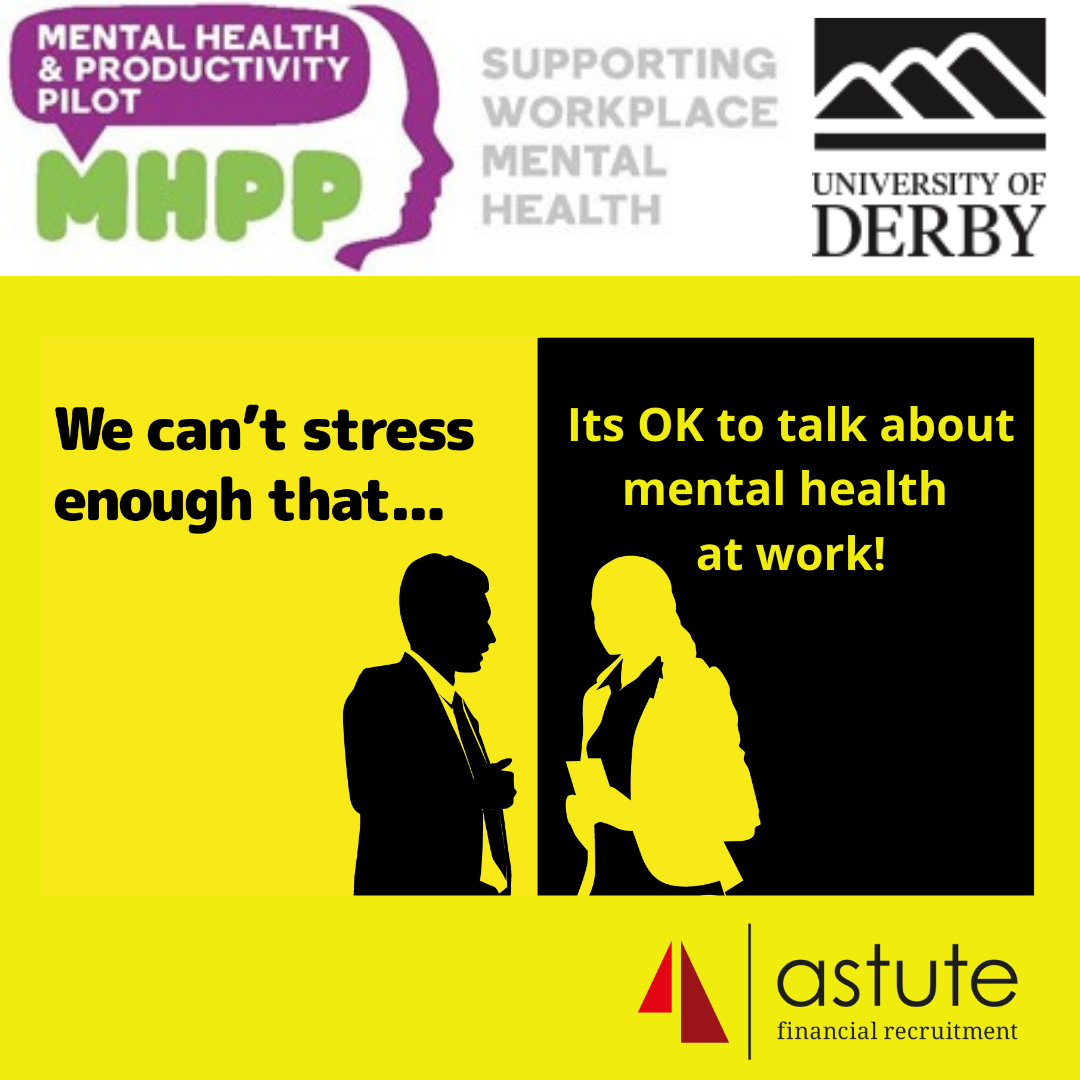
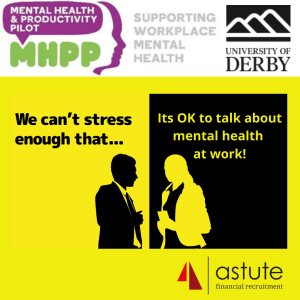



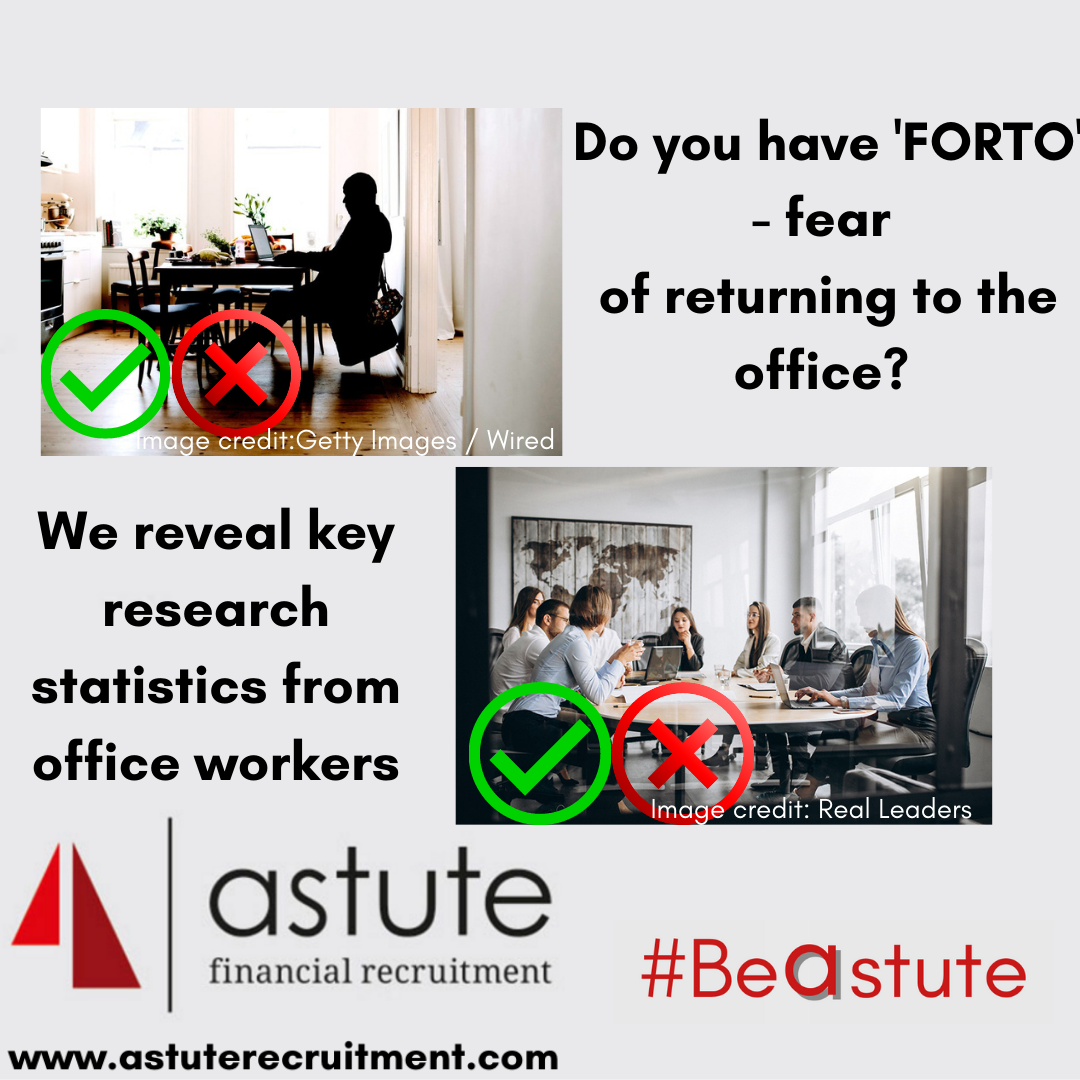
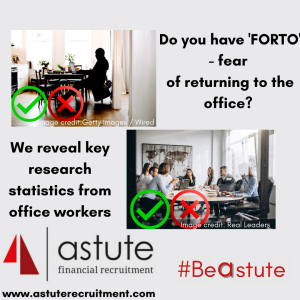
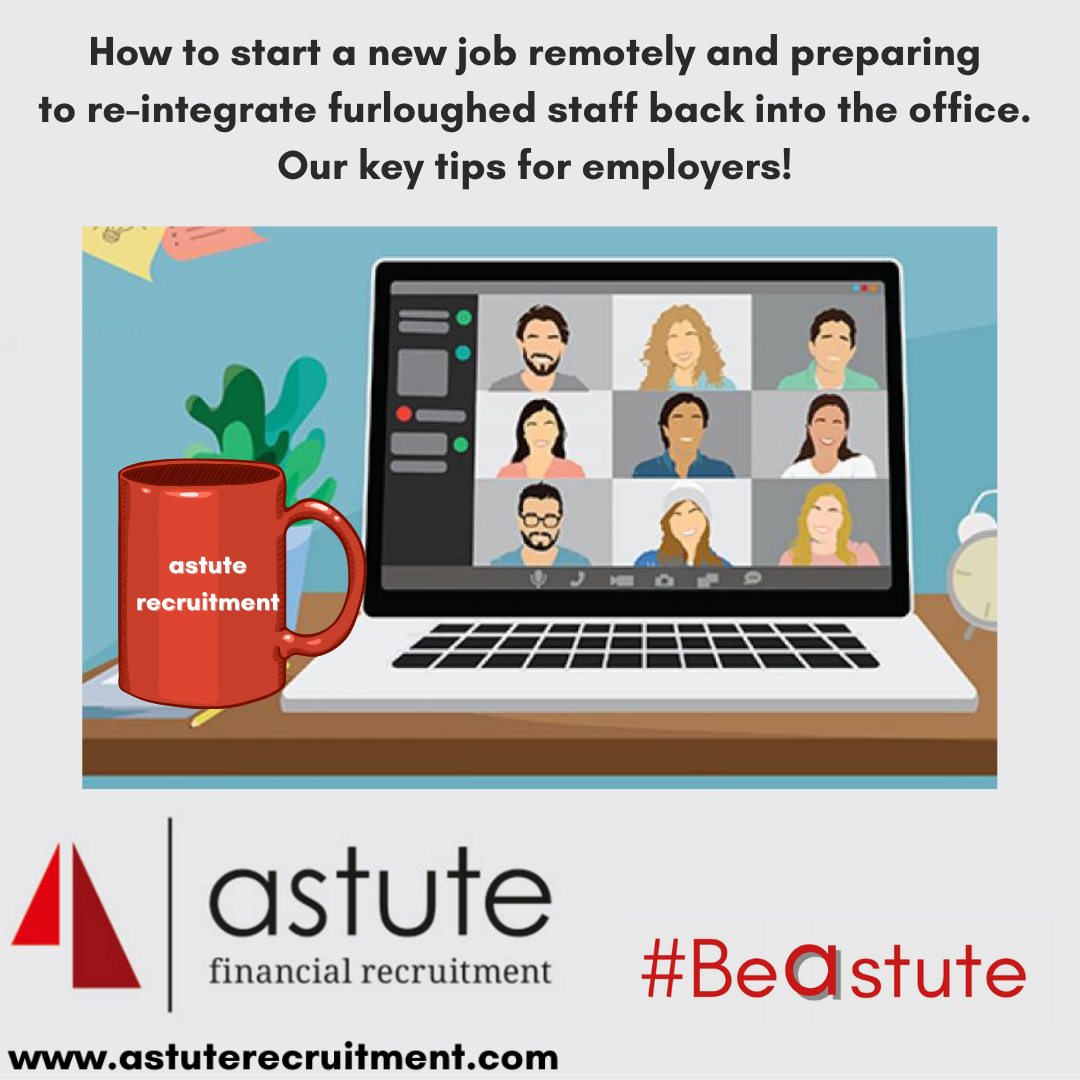
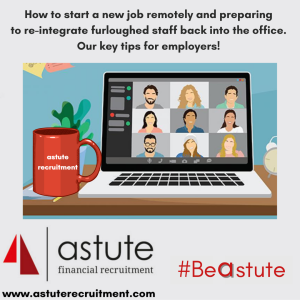 How to settle into a new job & prepare to return to the office… They aren’t that different!
How to settle into a new job & prepare to return to the office… They aren’t that different!